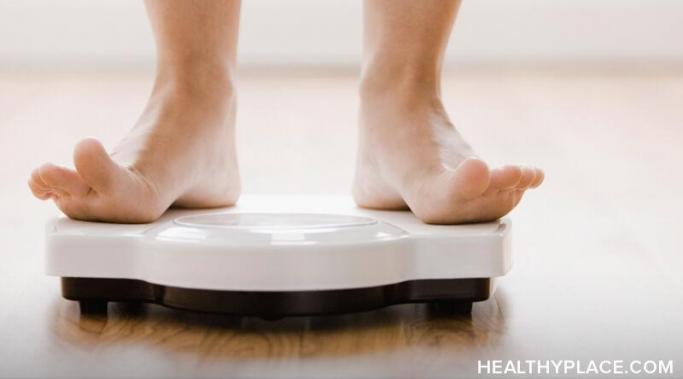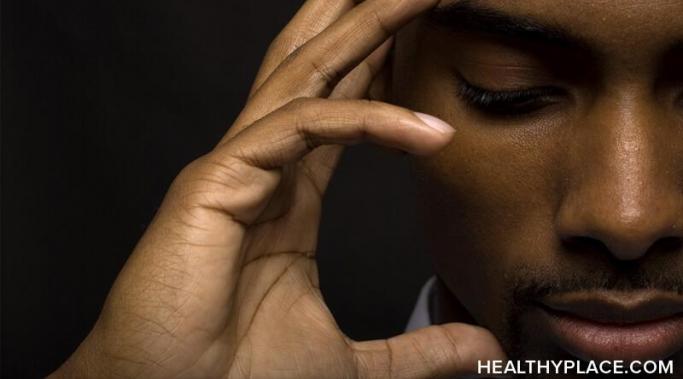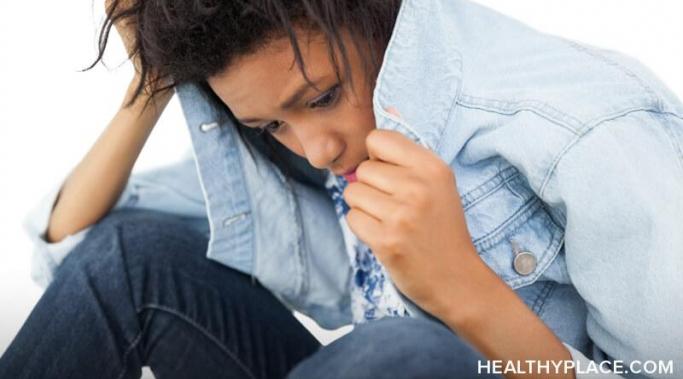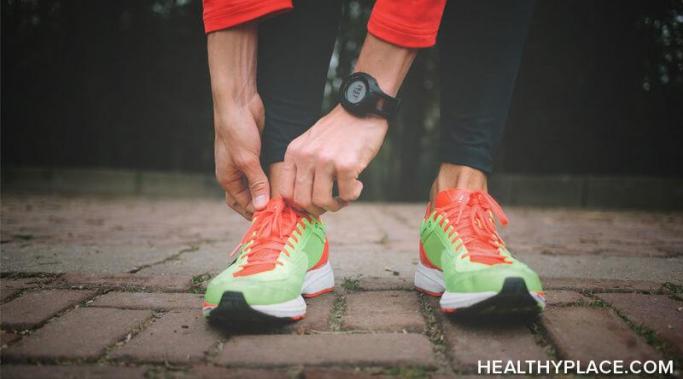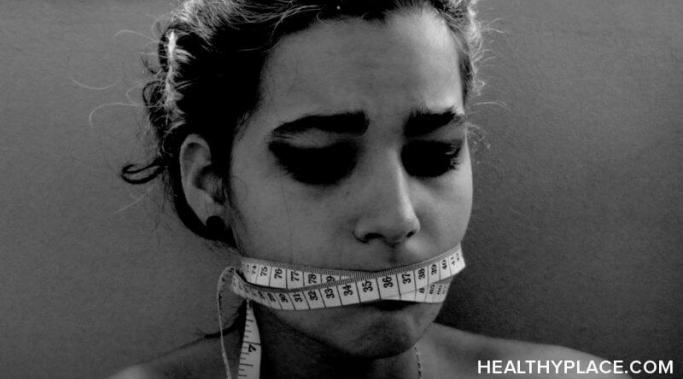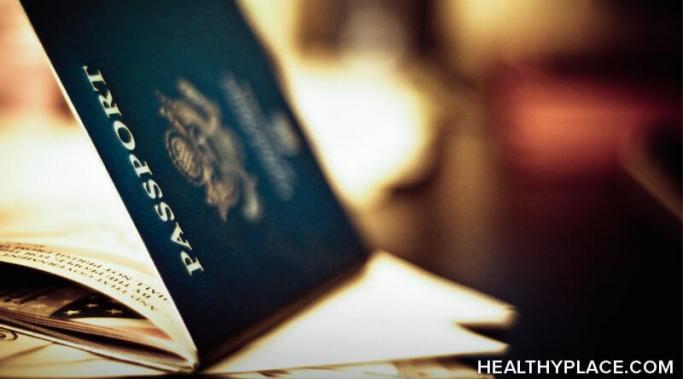Confession: sometimes, I'm afraid of complete eating disorder (ED) recovery. What does this mean exactly? It's hard to articulate, but there is a small (albeit influential and persistent) voice in the back of my head that warns me not to lose the ED behaviors I relied on for so long. As irrational as this might sound, I feel a sense of comfort and reassurance in knowing I can re-access the eating disorder anytime I need it.
Anxiety and Eating Disorders
As someone who started flirting with anorexic behaviors in early adolescence, I have cycled in and out of many toxic, compulsive traits over the years. But although I consider myself to be in a stable, consistent recovery mindset now, the competitive nature of my eating disorder still pulls me back into its orbit sometimes. In fact, I noticed this competitive streak reassert itself as recently as last night.
If you have experience with trauma-informed mental health care, it's quite possible that you're also familiar with eye movement desensitization and reprocessing (EMDR) therapy. This therapy is an intervention used to help the brain resolve unprocessed traumatic memories, as well as the thoughts, emotions, beliefs, and physical reactions or sensations connected to those memories. But, is EMDR therapy useful for eating disorder treatment? That's a nuanced question without a one-size-fits-all answer. However, as someone who is currently in the thick of EMDR sessions myself, I want to examine its potential benefits for eating disorder recovery.
I will never forget one specific breakfast during my time in residential treatment. An on-staff clinician supervising the meal told me to throw out my pancakes and grab a new batch. When I asked her why, the answer was confusing, but as with most rules at this inpatient facility, it left no room for further questions. "You spread peanut butter on your pancakes—that's a food ritual," she replied.
Suicide prevalence in the eating disorder community is a serious concern. Eating disorders are some of the most lethal forms of mental illness—in the United States alone, one person dies every 52 minutes as a result of eating disorder complications. But this high mortality rate is not just a reflection of the various health risks that eating disorders cause. Suicide accounts for many of those deaths as well. In fact, the prevalence of suicide attempts is a tragically common trend among those who suffer from eating disorder behaviors. (Note: This post contains a trigger warning.)
During a recent session with my therapist, I felt compelled to ask for her professional take on my relationship with exercise. I told her that I prioritize running over just about every other line item in my routine. I told her that I feel immense amounts of shame if I cannot squeeze in an hour-long workout on a daily basis. I told her that I consistently run in the 105-degree Arizona heat, no matter how miserable the experience is. I told her that I rarely feel like the choice to stop running is even an option. I told her that I am afraid that without exercise, I will lose control of my entire life. She listened to me rattle off all this information, then replied matter-of-factly: "You have an exercise addiction. How is it working for you?"
When I operate within the framework of an eating disorder, my life orbits around fear. I am afraid of consuming three balanced meals. I am afraid of not being able to squeeze in enough exercise. I am afraid of the number staring back at me on a scale. I am afraid of seeing the calorie count on a nutrition label. I am even afraid of existing inside my own skin.
I find myself asking: What should my response be when a present situation fuels past eating disorder temptations? I need to examine why I flirt with behaviors I know are unhealthy when life tosses me an unforeseen curve ball. Then I can choose a different course of action—one that honors recovery rather than placing it in jeopardy.
I just returned from a two-week trip overseas to England, Scotland, and Ireland. I love to explore the beauty of this earth and immerse myself in all kinds of unique cultures, but if I am not careful, traveling will often coax my eating disorder back to the surface. While I do have quite an adventurous streak, I also tend to feel anxious when I deviate from my normal routine, which can open the door for a certain uninvited guest—otherwise known as my eating disorder—to hitch a ride on the trip. However, since I am not about to stop traveling, here are a few strategies I use in order to ensure this pesky eating disorder will not ruin my vacation.
I have permission to enjoy food. As obvious as this sounds, it's one of the most impactful realizations I've come to learn in eating disorder recovery. In the darkest seasons of my illness, I believed that showing a preference for any food at all was a sign of weakness. I would not allow myself to acknowledge pleasure in the flavors or textures of anything I ate. Food was purely utilitarian back then—I consumed just enough to stay alive and placate the concerns of those around me. But the more I heal, the more I learn that food is a source of nourishment and enjoyment. So I can grant myself permission to experience both.
